NEC acknowledges the ancestral and unceded territory of the Coast Salish Peoples, including the host Nations xʷməθkwəy̓əm (Musqueam), Skwxwú7mesh (Squamish), and səl̓ílwətaʔ/selilwitulh (Tsleil-Waututh) Nations.

Program Description
The Associate Degree honours the cultural knowledge that students will bring into the classroom by focusing on the prevention of genocide and healing. Cultural awareness, truth-telling, and critical thinking are central learning outcomes. The program enhances academic skills by focusing on the multidisciplinary approach of Indigenous Studies, including knowledge discovery and dissemination through ceremony, arts, and relationships.
Program Highlights
- Duration:
Year one 450 hoursYear two 450 hours
Delivery Method: Online Asynchronous
Note: Asynchronous delivery means classes run more flexibly, with students accessing class materials during different hours and from other locations. A weekly schedule is followed in each course.Intake:
– Fall 2025- Schedule: Students can expect 3 hours of lectures per course each week, totaling approximately 15 hours. In addition, each course requires 1.5 to 2.5 hours of weekly reading and participation in one forum discussion per week.
This program is offered under the written consent of the Minister of Post-Secondary Education and Future Skills effective (June 21, 2025), having undergone a quality assessment process and been found to meet the criteria established by the minister. Nevertheless, prospective students are responsible for satisfying themselves that the program and the degree will be appropriate to their needs (for example, acceptable to potential employers, professional licensing bodies, or other educational institutions).
CAREER OPPORTUNITIES
Potential areas of employment for graduates in Indigenous Studies include public administration, industry liaison, entrepreneurship and community agencies. Areas of general employment for holders of an Associate of Arts degree include entry-level and supervisory positions across various industries. Graduates will thrive in positions that require a combination of critical analysis, composition, and intercultural communication, such as advocacy, policy, government services, community services, human resources, arts and heritage, and communications. Potential areas of further education are Indigenous studies, law, anthropology, history, sociology, economics, linguistics, geography, political science, journalism, education, social work, literature, medicine and environmental studies. Graduates would be prepared for interdisciplinary fields such as global affairs, community development, policy analysis, adult education and health administration.
Learning Outcomes
Upon completion of this program, the successful student will have reliably demonstrated the ability to:
1) Use knowledge of Indigenous issues, Indigenous cultural frames of reference, and alternate perspectives to think critically and solve problems.
2) Demonstrate an understanding of Indigenous worldviews and critical Indigenous pedagogy through academically rigorous programming and studies.
3) Value and share personal experiences and identities as knowledge systems.
We are committed to providing a welcoming and culturally safe environment where students can thrive on their educational journey.
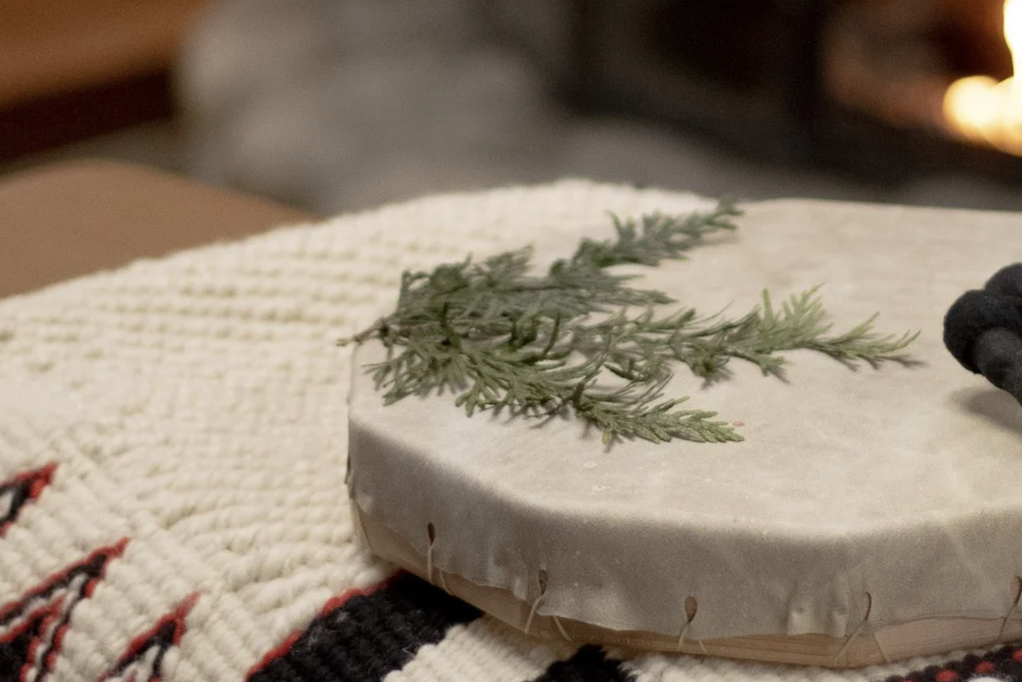
Authentic Indigenous Academic Programs and Curriculum
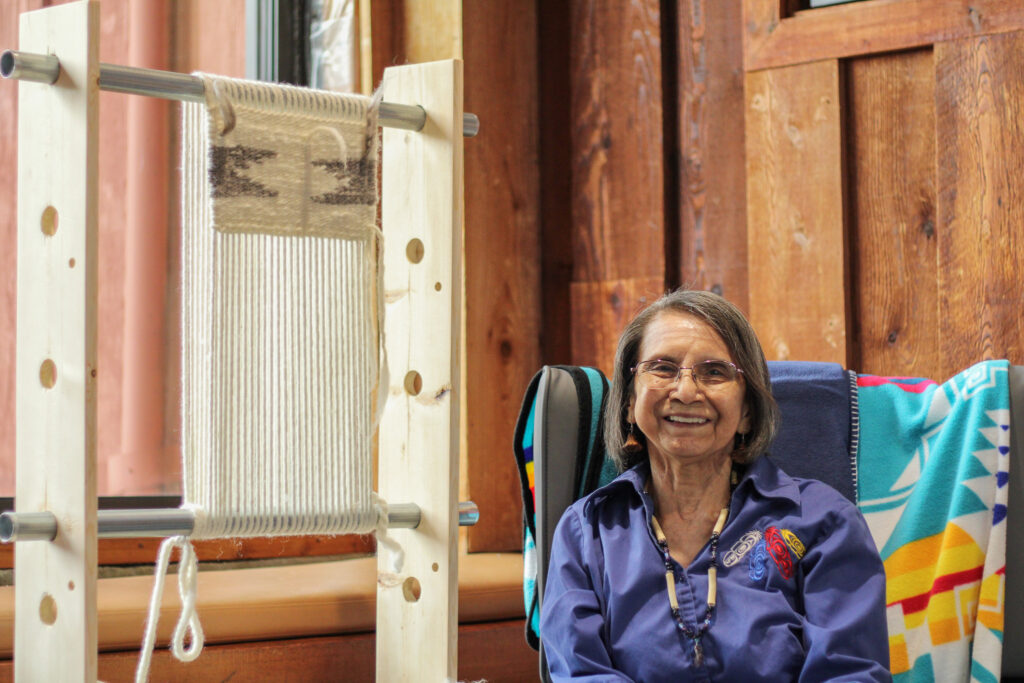
Prevention of Genocide - Critical and Cultural Thought Processes
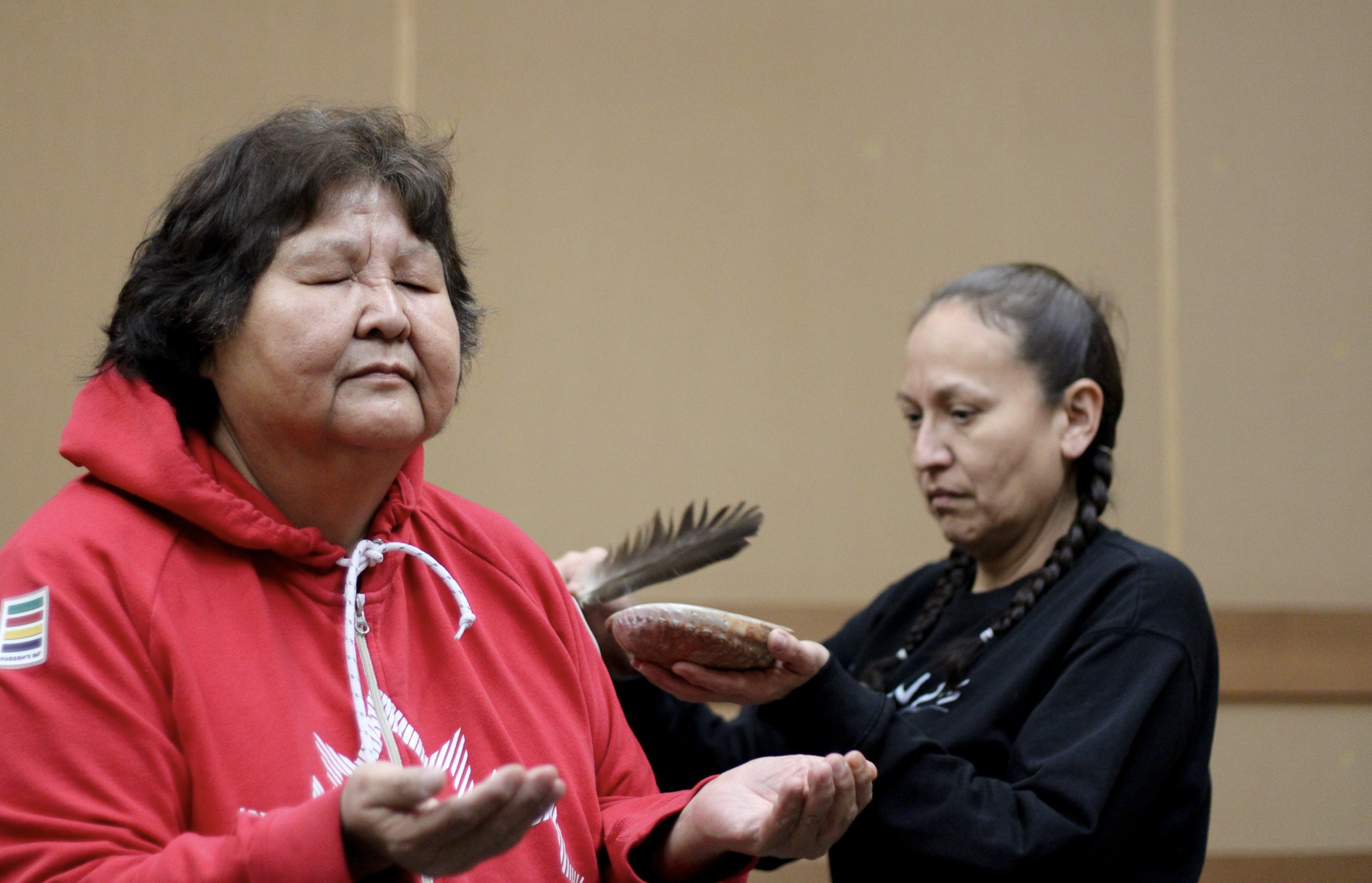
Holistic Wrap Around Supports
COURSE OFFERINGS
| Year One: | TERM 1 |
| ENG 110 | Introduction to College Writing |
| INST 100 | Indigenous Experience |
| INST 101 | Indigenous Nations |
| SOC 110 | Introduction to Sociology |
| PSY 101 | Introduction to Psychology |
| TERM 2 | |
| INST 110 | Introduction to Indigenous Studies |
| INST 120 | Indigenous Relations |
| CRIM 160 | The Canadian Legal System |
| ILS 120 | Indigenous Environmental Knowledge |
| TSM 125 | Cross-Cultural Communication and Indigenous Leadership |
| Year Two: | TERM 1 |
| ENG 120 | Contemporary Indigenous Fiction |
| CRIM 260 | Indigenous Law |
| TEK 200 | Relational Ecologies |
| PHIL 200 | Indigenous Philosophy |
| INST 220 | Contemporary Indigenous Issues |
| TERM 2 | |
| INST 240 | Indigenous Expressions |
| INST 250 | Indigenous Ecology |
| INST 200 | Statistics for Indigenous Studies |
| INST 210 | Prevention of Genocide |
| SOC 200 | Sociology of Indigenous Health |
Admission Requirements
- Grade 12 Diploma or equivalent
- Minimum “C” grade in English 12
- Minimum “C” grade in Math 11
- Accuplacer Scores:
Reading Reading 240, Writing 240, and Arithmetic 240.
Continuance Requirements: Year 1 to Year 2
- Finish the 1st Year with a GPA of 2.0 or higher
- CRIM 260 pre-requisite: CRIM 160
- INST 210 pre-requisite: INST 110
- INST 220 pre-requisite: INST 120
- SOC 200 pre-requisite: SOC 110
tuition and fees
| Tuition Year 1: | $5,950.00 |
| Tuition Year 2: | $5,950.00 |
| Registration Fees: | $75.00 |
| Graduation Fees: | $30.00 |
| Books and Supplies: | $1195.00 |
| Student Record and Student Card Fees: | $15.00 |
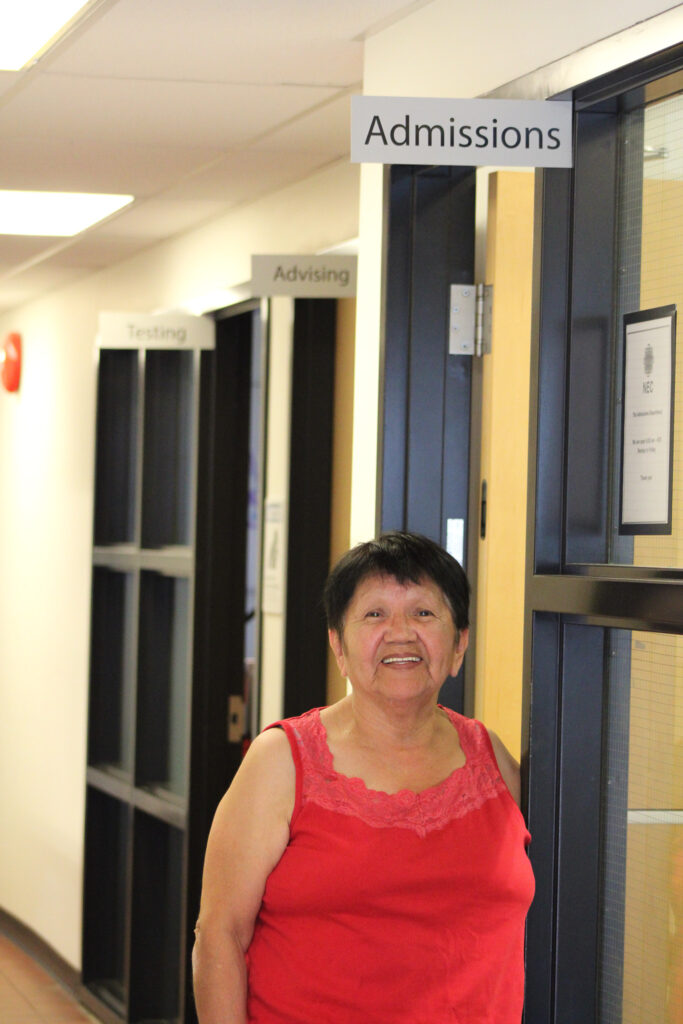
*This program does NOT need to be approved by Private Training Institutions Regulatory Unit (PTIRU) of the Ministry of Post-Secondary Education and Future Skills
Longhouse Values
These original laws are embedded in every aspect of our House. They invite cultural identity and self-determination of Indigenous Peoples, which empowers learners to advance their unique personal and educational goals.
- Diversity
- Respect
- Understanding
- Gratitude
- Accountability
